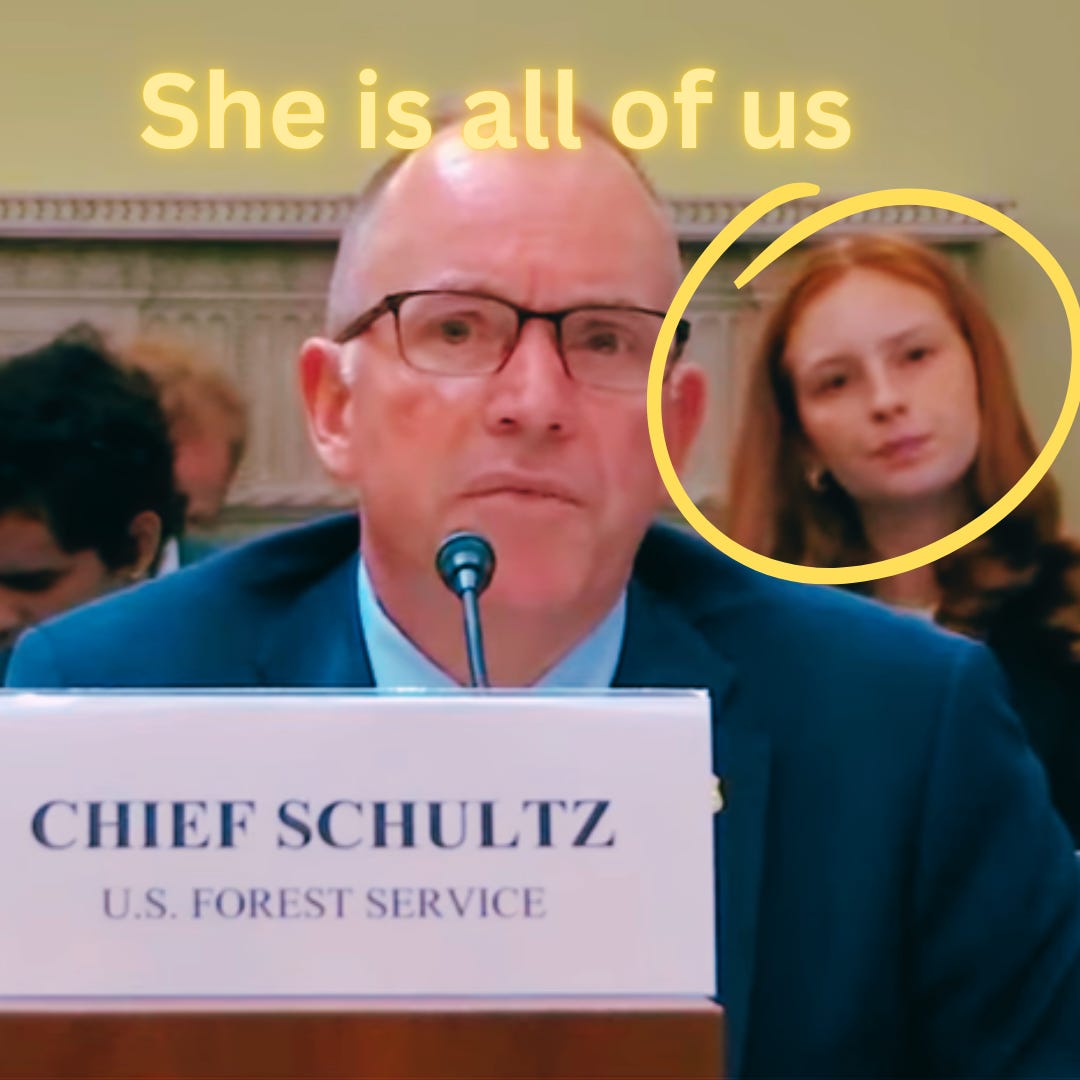Chainsaws Over Science: Trump’s Forest Policy in One Hearing
USFS Chief showcases his old school incompetence
This Tuesday, US Fire Service Chief Tom Schultz testified before the House Natural Resources Committee to address the state of US national forests. Republicans were obviously using the meeting to push the idea that our forests should be opened up to more roads and accelerated timber extraction, but Democratic representatives were not having it.
Schultz …



